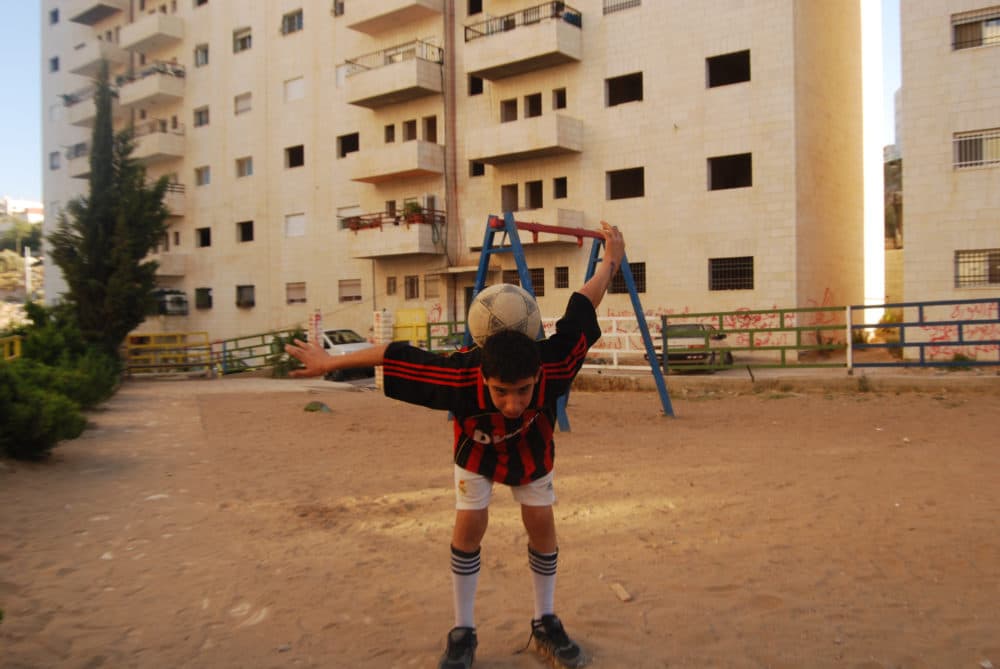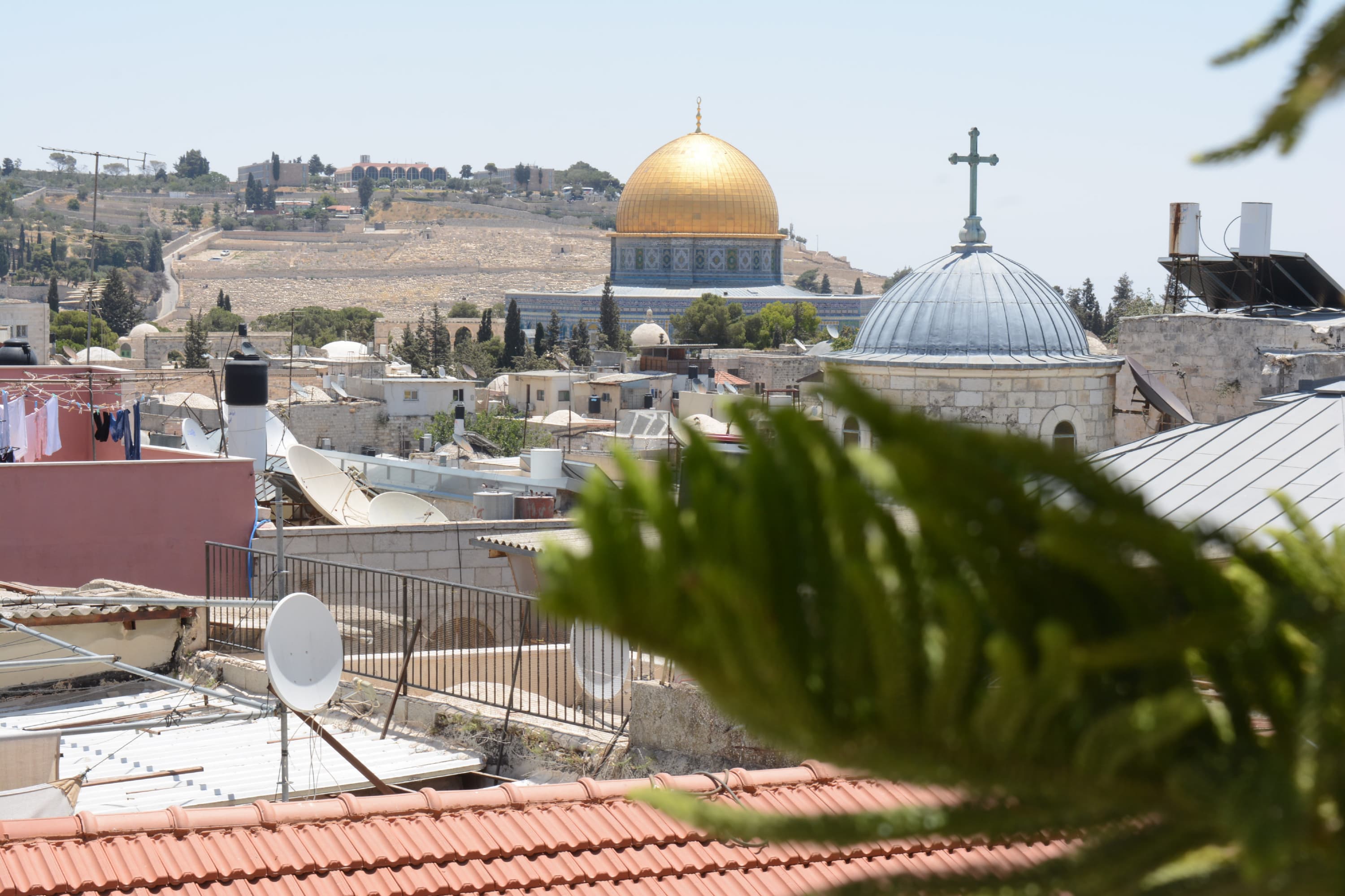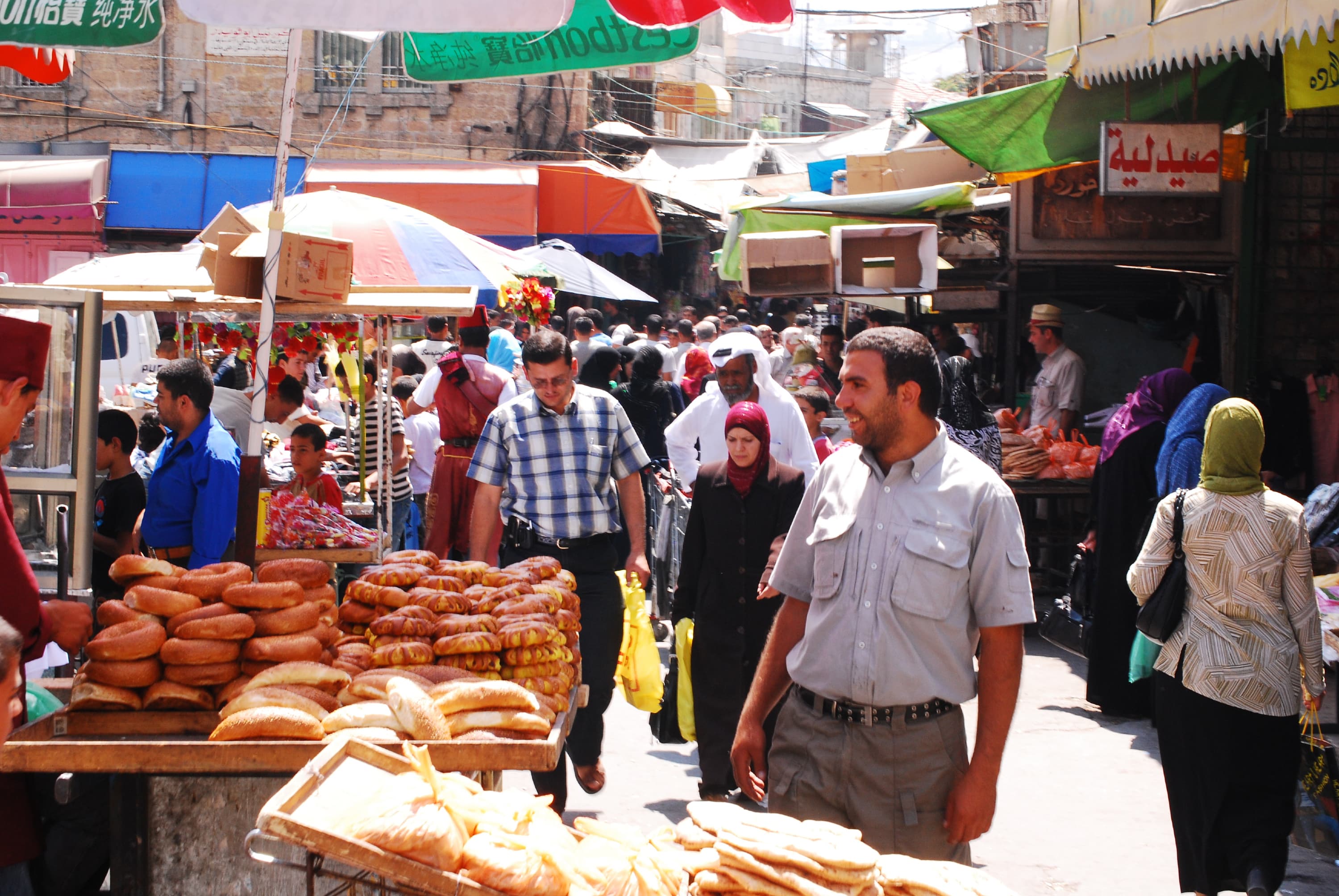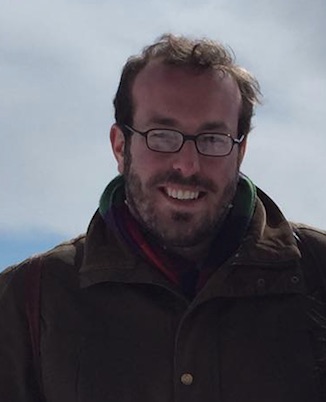Advertisement
Commentary
I’m An American Jew. Let Me Tell You Stories Of Palestine

Let me tell you stories of Palestine. They aren’t the ones you often hear.
In 2018, I visited Jerusalem with my wife and parents. My wife and father had never been to the Middle East, and my mother was returning for the first time since the 1970s. I was overjoyed at the chance to show them the world that had become so much a part of my life. For years, I told them about my time living in Jordan as a Peace Corps volunteer and my trips throughout the West Bank and Israel. Now, they could encounter and immerse themselves in what my words could never truly convey.
We entered the Old City through the Damascus Gate and walked through the Muslim Quarter, passing vendors on Khan el-Zeit. We felt the cobblestone beneath our feet. My father and I love photography, and I wanted my family to see the Dome of the Rock and take photos of this awe-inspiring emblem of the Muslim world. I knew exactly where we could get an unobstructed view.
We found the Hashemi Hotel, and I spoke in Arabic to the Palestinian man behind the front desk. I remembered him. We had met before, during my previous stays there. He granted us permission to walk to the hotel’s balcony overlooking Haram al-Sharif.

For a few minutes, we stood above the city and absorbed the sight of this iconic architecture, this place of piety. We took pictures, made comments about its beauty, and then returned to the labyrinthine streets and the bustle of the Old City.
A decade earlier, in the summer before graduate school, I’d found myself alone and lost in Bethlehem. After walking through the souk and touring the Church of the Nativity, I was ready to return to the home of my Palestinian host family. The only problem was that I was hot, tired, and couldn’t distinguish their apartment building from those around it.
I looked disheveled and nervous, an odd sight to some children who called out to me from inside a house. Their father opened the front door and asked if he could help me. He invited me in. My Arabic was almost non-existent. I had no clue what to do. But I took a chance and went inside.
I was greeted by his family, who offered me a glass of water. We shared a meal together before they drove me back to my host family’s apartment. They opened their home to me, a stranger. This simple act of kindness shaped who I aim to be in the world.
As I follow the news, my heart breaks. It doesn’t break for an abstraction.
I’ve been thinking about these and other stories this past week, as I observe the tragedy and violence unfolding between Israel and Palestinians. I’m an American Jew who has broken bread, shared a roof, and forged relationships with Palestinian Christians, Israeli Jews and Arab Muslims throughout the Middle East. Untold horrors are being inflicted on the other side of the world, and I’m at home in Massachusetts.
As I follow the news, my heart breaks. It doesn’t break for an abstraction. I don’t feel sorrow for a geopolitical conundrum. I’m not organizing my talking points to defend or critique Zionism. I’m not searching through my books for pithy quotes about settler colonialism or terrorism, because I have no interest in logging onto social media to wage war and lob rhetorical assaults one post at a time.
Instead, I’m looking through pictures. I want to see faces.
There are moments of joy and celebration that exist in the shadows of destruction. I think back to the soccer games I played in villages outside of Bethlehem. I’m made to smile at the memory of eating cake and singing “happy birthday” for the youngest daughter of my host family.
Maybe it’s trivial to focus on these fleeting moments of life lived between bouts of kinetic violence. But I don’t mean to close my eyes and ignore the devastation. I am fixated on the intimate moments I’ve shared because I refuse to erase the humanity of those caught in this most recent episode of inhumanity.

My search for the emotive will not bring about a cease fire, nor will it be the catalyst for seriously renewing the peace process between Israel and the Palestinian people. Mine is the uncommon act of crossing borders to encounter and be eternally changed by the humanity of the other.
This is a radical act of seeing an individual, a family, a community, a faith, a nation, a people on their own terms and in their own space as fully formed and deserving of affirmation for possessing rights, claims, culture and aspirations.
Every time we cross borders and engage with the other, we see people rather than problems. We break free from parochial allegiances and become inseparable from a web of humanity held together by compassion and respect, admiration and appreciation.
I have my thoughts on Israel and Palestine, on Zionism and Hamas. There is a time for sharing them. No doubt, there is an imperative for considering the long history and working through the geopolitical issues that have brought us back to this place of airstrikes and news breaks. For me, now is not that time.
Intellectual sparring and armchair musing are tomorrow’s luxury. For today, I will meditate on the love I feel for people across the globe, because if we fail to see their faces, remember their stories and find ways to bridge the divides between communities, we will commit the sin of turning human tragedy into a headline, a meme, or an idea.
The people suffering are not an idea. An effort has to be made to conjure every image, memory, association and affinity that ensures they are seen, valued and known.
We need to tell more of these Palestinian stories.
